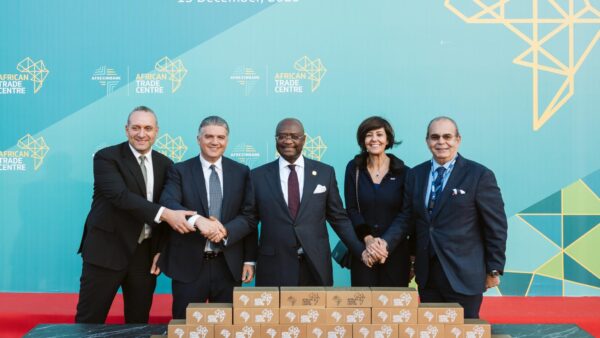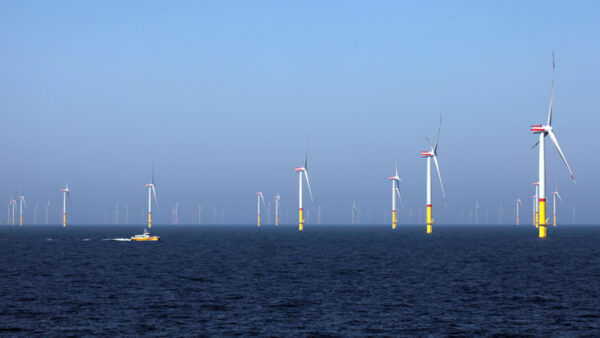One of Australia’s leading infrastructure firms, John Holland, is to be sold to a state-owned Chinese construction giant, giving the Chinese firm access to new markets in Australia and overseas.
Yesterday Leighton Holdings announced the sale of John Holland to CCCI, a subsidiary of China Communications Construction Company (CCCC), for approximately US$950m (A$1.15bn).
CCCI called it a “momentous step” in its bid to be a global infrastructure business.
State-owned CCCC is the fourth largest construction company in the world by revenue, and has a market capitalisation of approximately $19.5bn. Around 4,100 John Holland employees will transfer to CCCI.
John Holland, a Leighton Holdings business, is a major player in Australia’s infrastructure market, but is also active overseas. In 2011, in a joint venture with Leighton Asia, it won the contract to build a new mass rapid transit station in Singapore – the new Sungei Road Station. Also in 2011, it won a major tunelling contract for Hong Kong’s subway expansion.
“This is a momentous step for our company,” said President of CCCI, Mr Lu Jianzhong said after the announcement.
“We believe there are very significant growth opportunities in the Australian market, and clearly in the proposed acquisition of John Holland, we are recognising the strong leadership and solid performance of the business.
“From our perspective, ownership of John Holland is the optimal way for CCCC to participate in this dynamic market as part of our aim to be a global transportation infrastructure business. It will be an important strategic addition to CCCC and we see JHG as a strong independent competitor in the Australian market.”
The sale, which is subject to regulatory approvals, will reduce Leighton’s gearing by around 10% and cut group revenue by around $3.7bn, the company said. Work in hand will also fall by around $5.4bn.
But Leighton believes the move is necessary to streamline the business and free up cash for future growth in public-private partnerships (PPPs).

John Holland’s Parliament House in Canberra (Wikipedia)
Writing in The Australian newspaper, columnist Stephen Bartholomeusz notes that John Holland “has been part of a quite complex and overlapping structure of competing brands and businesses within the Leighton group since 2000”.
The historic divestment would “strengthen the balance sheet, streamline the operating model and improve project delivery”, said Marcelino Fernández Verdes, Leighton chief executive.
“The divestment of John Holland supports our focus on further reducing gearing and strengthening our balance sheet so that we can be sustainably competitive,” Verdes said. “Proceeds will also be used to finance future growth, particularly in PPPs.”
He added: “The existing John Holland management will work closely with CCCI to ensure a smooth transition so that the business continues to safely and efficiently provide services to its clients.”
As for John Holland, its group managing director Glenn Palin said that CCCI’s “strength and capability” would give the company “a bright future in the Australian infrastructure market”.
“Not only is our proud heritage assured but it will enable us to effectively deliver innovative projects for our customers,” Palin said.
That heritage includes building Federal Parliament House in Canberra (pictured). Completed in 1988, it was one of the largest building projects to have been undertaken in Australia at the time.
Spain’s Ferrovial had been tipped to make a bid for John Holland, and Australian press reports said that Leighton and CCCI had been in talks for the last month after rival suitors Samsung and ATEC Retail fell by the wayside.






